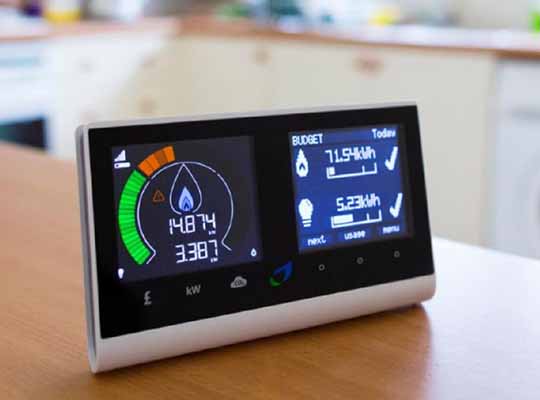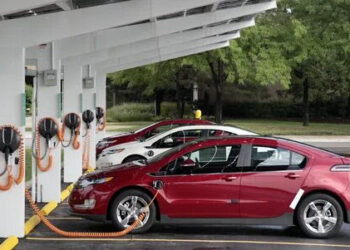PORTLAND — Allied Market Research published a report, titled, “Smart Meter Market By Product (Smart Electricity Meter, Smart Gas Meter, and Smart Water Meter) and End Use (Residential, Commercial, and Industrial): Global Opportunity Analysis and Industry Forecast, 2021–2030.” According to the report, the global smart meter industry generated $21.79 billion in 2020, and is expected to reach $54.34 billion by 2030, witnessing a CAGR of 10.1% from 2021 to 2030.
Drivers, restraints, and opportunities
Development of communication network infrastructure, high investments in digital electricity infrastructure, and supportive government initiatives drive the growth of the global smart meter market. However, high cost of installations of the smart meters hinders the market growth. On the other hand, development of smart city projects creates new opportunities in the coming years.
Covid-19 Scenario
- Manufacturing activities of smart meters halted due to lockdown measures implemented across many countries. Moreover, disruptions in supply chain and shortage of raw materials presented challenges in carrying out manufacturing activities.
- The demand from end use industries such as residential, commercial, and others lowered down significantly due to halt in daily operations during the lockdown. However, the demand is expected to grow steadily post-lockdown.
- The ban on import-export activities led to disruption in supply chain and created a supply-demand gap. Many smart metering projects were stopped and delayed.
The electricity meter segment to continue its lead position during the forecast period
Based on product, the electricity meter segment contributed to the highest share in 2020, accounting for around three-fifths of the global smart meter market, and is expected to continue its lead position during the forecast period. Moreover, this segment is projected to manifest the highest CAGR of 10.9% from 2021 to 2030. This is attributed to increase in investment in digitalization of electrical systems, expansion of grid infrastructures, and rise in electricity demand from commercial and residential sectors. The report also analyzes the segments including gas meter and water meter.
The residential segment to continue its leadership status during the forecast period
Based on end use, the residential segment accounted for the largest share in 2020, holding more than three-fifths of the global smart meter market, and is projected to continue its leadership status during the forecast period. This is due to increase in power consumption with rise in use of home appliances such as televisions, ceiling fans, lighting, personal computers, cloth washers, and air-conditioning equipment at residential buildings. However, the industrial segment is estimated to register the largest CAGR of 11.2% from 2021 to 2030, owing to integration of distributed generation and smart meter infrastructures, which enables utilities to utilize smart grid offerings and fully leverage the distributed energy resources. Moreover, it can surge the overall process efficiency by using the heat emitted from generation process.
Asia-Pacific, followed by Europe and North America, to offer lucrative opportunities
Based on region, Asia-Pacific, followed by Europe and North America, held the highest market share in 2020, accounting for nearly three-fifths of the global smart meter market, and is estimated to continue its dominance in terms of revenue by 2030. Moreover, this region is expected to portray the fastest CAGR of 10.6% during the forecast period, owing to high adoption of smart technology in power grid infrastructure and increase in challenges such as aging transmission and distribution (T&D) infrastructure and distributed generation.
Leading Market Players
- Itron Inc.
- Landis+Gyr
- Schneider Electric SA
- Siemens AG
- Badger Meter
- EDMI
- Holley Metering Limited
- Neptune Technology Group Inc.
- Sensus
- Honeywell International Inc.
- Suntront Technology
- Kamstrup Company













